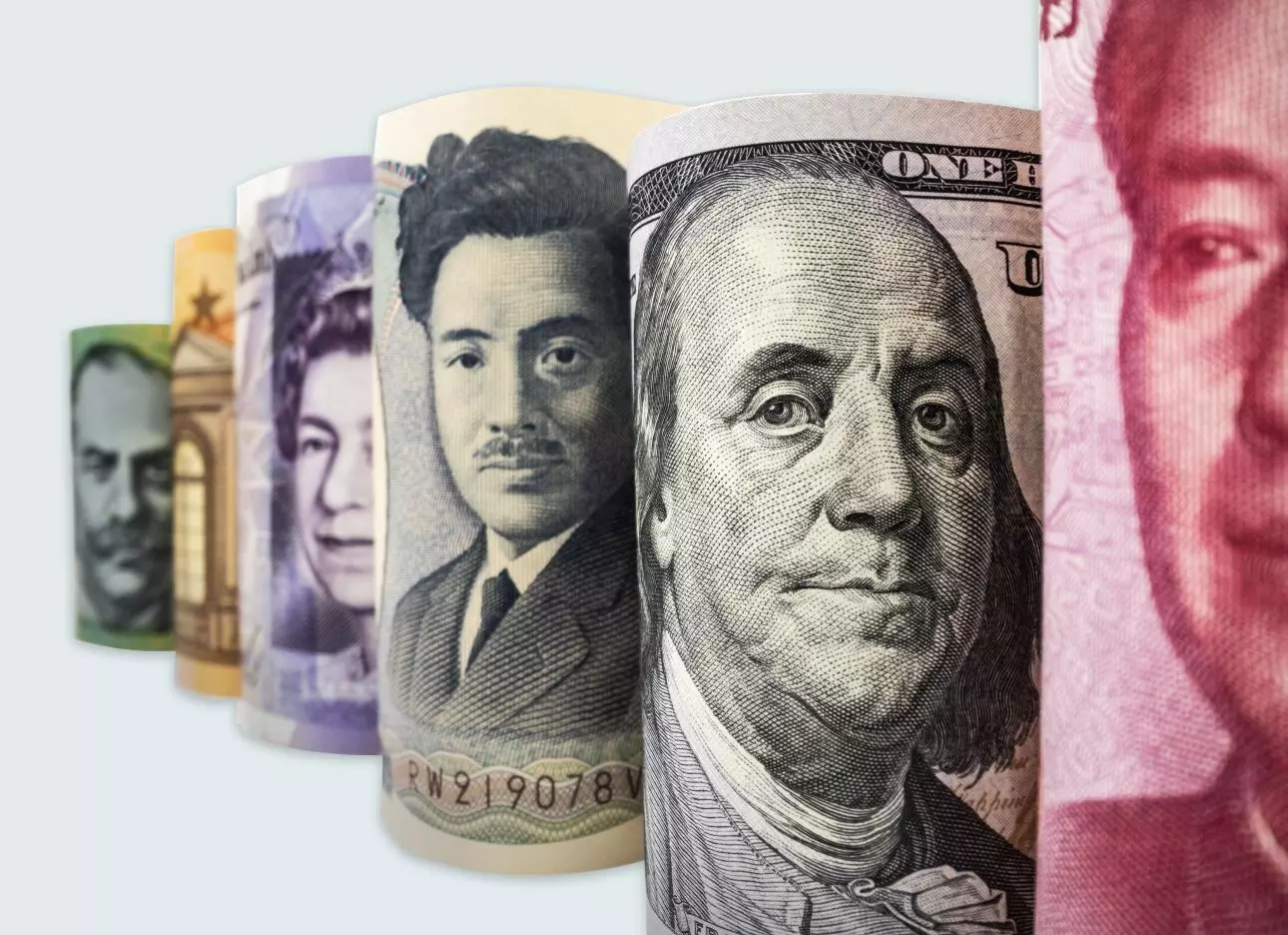Forex is the largest and most liquid market in the world with an average daily turnover of $3.98 trillion. The Fx market is open 24 hours a day, 5 days a week with the most important world trading centers being located in London, New York, Tokyo, Zurich, Frankfurt, Hong Kong, Singapore, Paris, and Sydney. Trading is said to be conducted ‘over the counter’; it’s not like stocks where there is a central marketplace with all orders processed like the NYSE.
Forex trading, also known as foreign exchange or FX trading, is the conversion of one currency into another. FX is one of the most actively traded markets in the world, with individuals, companies and banks carrying out around $6.6 trillion worth of forex transactions every single day.
While a lot of foreign exchange is done for practical purposes, the vast majority of currency conversion is undertaken by forex traders to earn a profit. The amount of currency converted every day can make price movements of some currencies extremely volatile – which is something to be aware of before you start forex trading.
We’re one of the world leading retail forex providers – with a range of major, minor and exotic currency pairs for you to go long or short on.

Forex trading essentials
Forex pair
A forex pair is a combination of two currencies that are traded against each other. There are hundreds of different combinations to choose from, but some of the most popular include the euro against the US dollar (EUR/USD), the US dollar against the Japanese yen (USD/JPY) and the British pound against the US dollar (GBP/USD).
Base and quote currencies?
The base currency is always on the left of a currency pair, and the quote is always on the right. The base currency is always equal to one, and the quote currency is equal to the current quote price of the pair – which shows how many of the quote currency it’ll cost to buy one of the base. So, when you’re trading currency, you’re always selling one to buy another.
Pip in forex
A pip in forex is usually a one-digit movement in the fourth decimal place of a currency pair. So, if GBP/USD moves from $1.35361 to $1.35371, then it has moved a single pip. But, if you’re trading JPY crosses, a pip is a change at the second decimal place. A price movement at the fifth decimal place in forex trading is known as a pipette.
How does forex trading work?
Forex trading works like any other transaction where you are buying one asset using a currency. In the case of forex, the market price tells a trader how much of one currency is required to purchase another. For example, the current market price of the GBP/USD currency pair shows how many US dollars it would take to buy one pound.
Hedging with forex
Hedging is a way to mitigate your exposure to risk. It’s achieved by opening positions that will stand to profit if some of your other positions decline in value – with the gains hopefully offsetting at least a portion of the losses. Currency correlations are effective ways to hedge forex exposure. An example would be EUR/USD and GBP/USD, which are positively correlated because they tend to move in the same direction. So, you could go short on GBP/USD if you had a long EUR/USD position to hedge against potential market declines.
Taking a position on currencies strengthening or weakening
Traders make a prediction on forex pairs to profit from one currency strengthening or weakening against another. When the price of a pair is rising, it means that the base is strengthening against the quote and when it’s falling, the base is weakening against the quote.
That’s because a rising price means that more of the quote are needed to buy a single unit of the base, and a falling price means that fewer of the quote are needed to buy one of the base. So, traders would likely go long if the base is strengthening relative to the quote currency, or short if the base is weakening.
